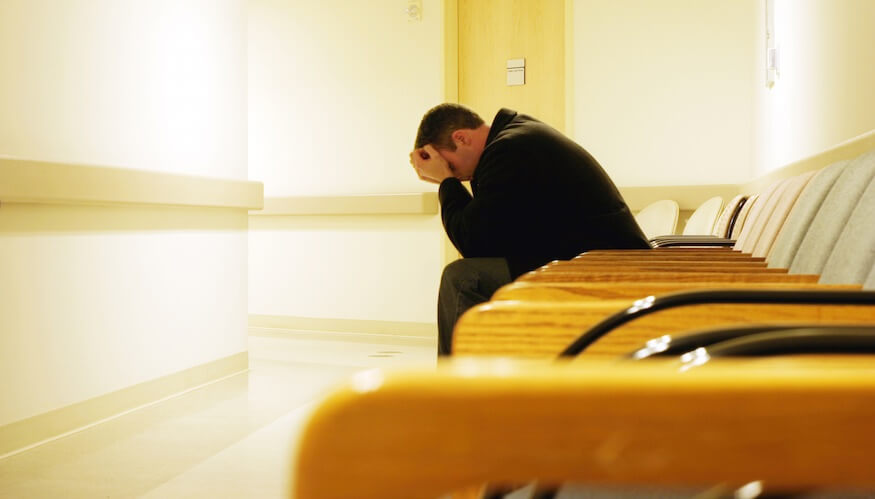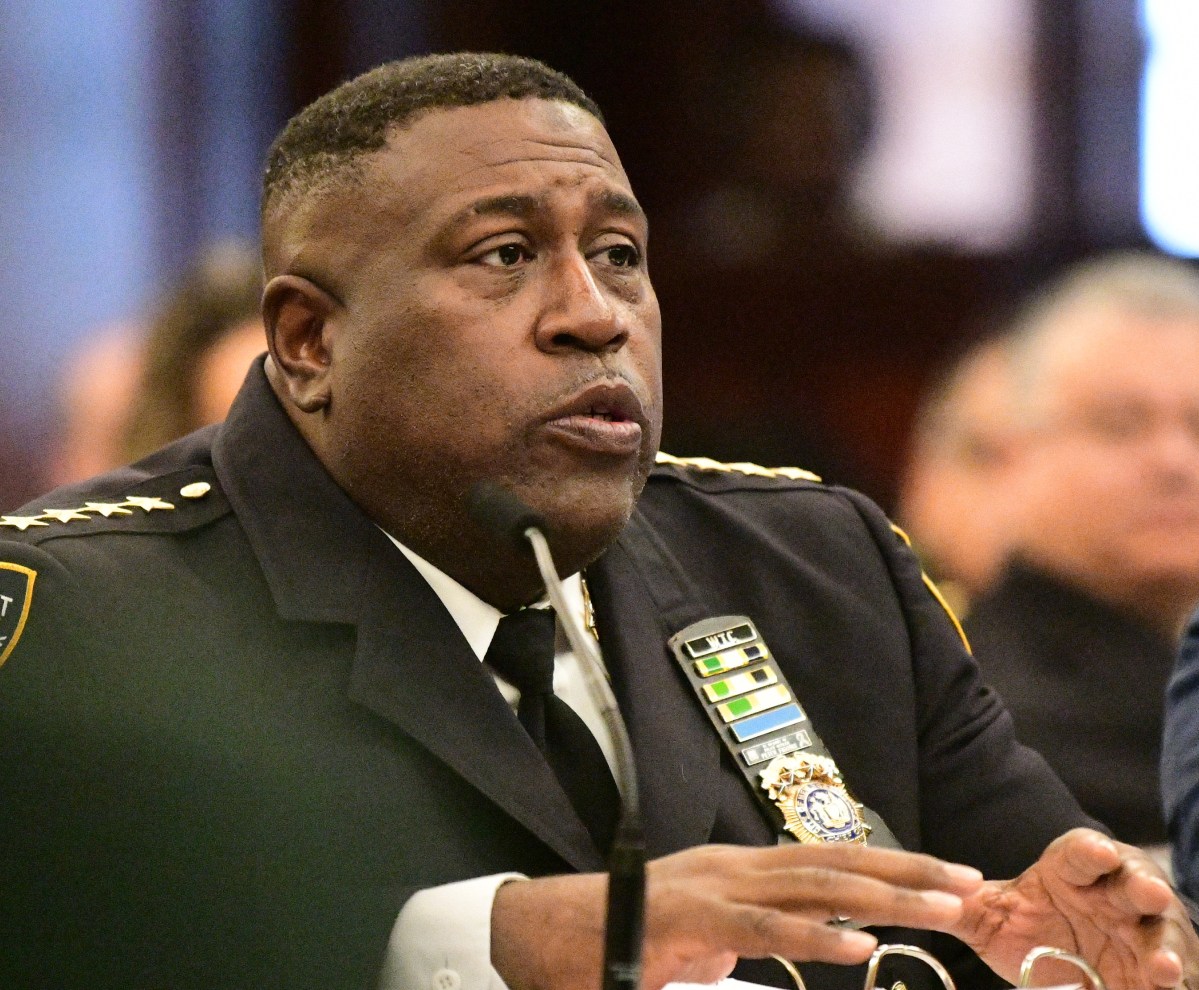New York City officials announced Monday a $37 million annual investment to help services for New Yorkers dealing with mental illness.
“One in five New Yorkers suffers from a mental health condition. It’s our job to reach those people before crisis strikes,” said Mayor Bill de Blasio. “With this new investment, we’re connecting people to the services they need and keeping our neighborhoods and most vulnerable New Yorkers safe.”
Many of the new strategies were developed by the New York City Crisis Prevention and Response Taskforce, which has over 80 people and experts that have experience with mental illness.
Of the funding, $23 million will be going to support new teams of mental health responders who will help respond to urgent situations and help people “stabilize” following a crisis. To help reduce the amount of 911 calls as a result of a mental health crisis, here’s what officials plan to do:
Increase the number of mental health responders citywide by:
Adding four Health Engagement Assessment Teams (HEAT), composed of one clinician and one peer (a person who has previously experienced a mental health challenge), to proactively engage people with the most frequent 911 contact, connecting them to care and other stabilizing support.
Adding six Mobile Crisis Teams composed of clinicians, case managers and peers to ensure better rapid response time to urgent situations. Mobile Crisis Teams are deployed to people’s homes, provide crisis intervention, and connect people to appropriate services.
Deploy additional resources to two high-need precincts (the 25th and the 47th) by:
Adding four additional HEAT teams to proactively engage those at risk of mental health crises.
Adding four Co-Response Teams, composed of two police officers and one mental health clinician, to assist in the response to emergency 911 mental health calls. This will be the first time mental health professionals will be part of the City’s response to 911; currently, the only 911 deployment options are police and EMS. This work will first be piloted in one of the precincts to develop operational protocols and then move to the second precinct.
Creating a community-based mental health safety net of local organizations to provide intensive, wrap-around services to help stabilize people following psychiatric hospitalizations.
Intensify focus on mental health at the NYPD by:
Creating a new Behavioral Health Unit to coordinate policies and programs including those related to mental health crisis response.
Incorporating peers into Emergency Services Unit training.
Incorporating peers into the orientation for new officers.
Additionally, $14 million will help expand intensive services to people with a risk of violent behavior. The city will send mobile intervention and treatment teams to serve the homeless and other hard-to-reach communities.
New York City will be adding four more co-response teams, bringing the total to eight, which include one clinician to intervene before and after the crisis, and two police officers. They will connect individuals to care and more to help support the suffering individuals.
On top of these two significant improvements, officials will also be adding these services:
· The addition of telehealth to shelters
· Diverting 911 calls to NYC Well
· Developing walk-in services at NYC Health and Hospitals facilities
· Expanding peer and police training opportunities
· Creating a data flag for frequent 911 callers




















